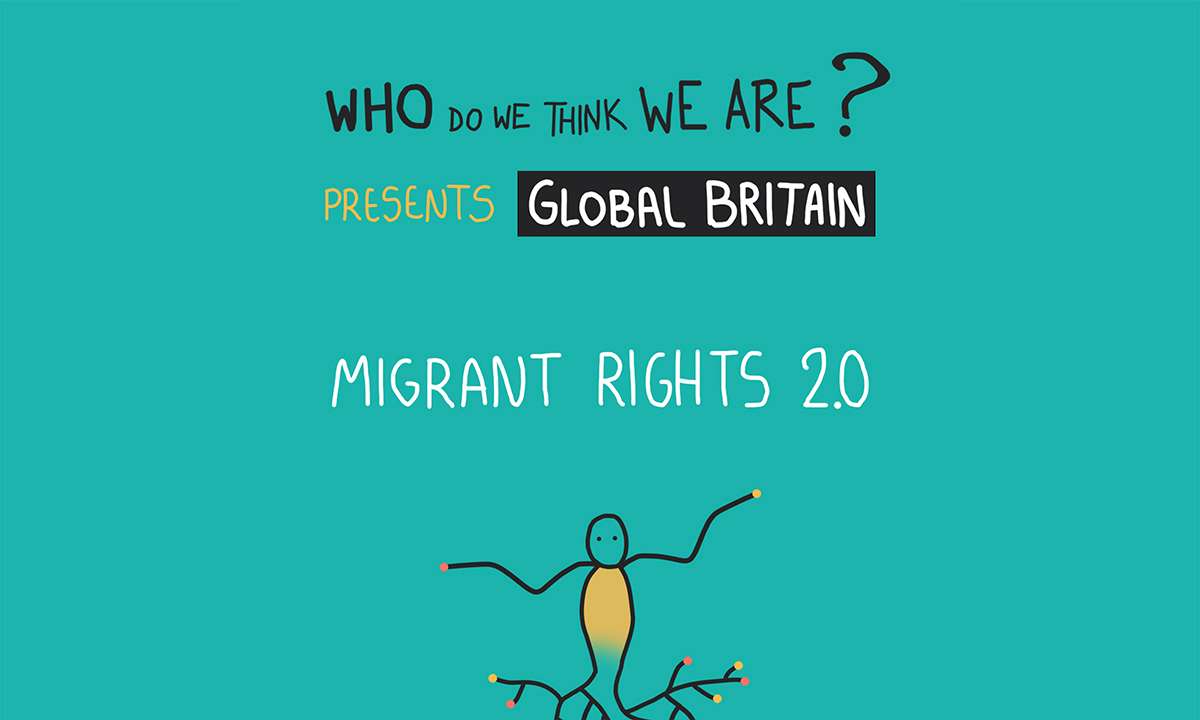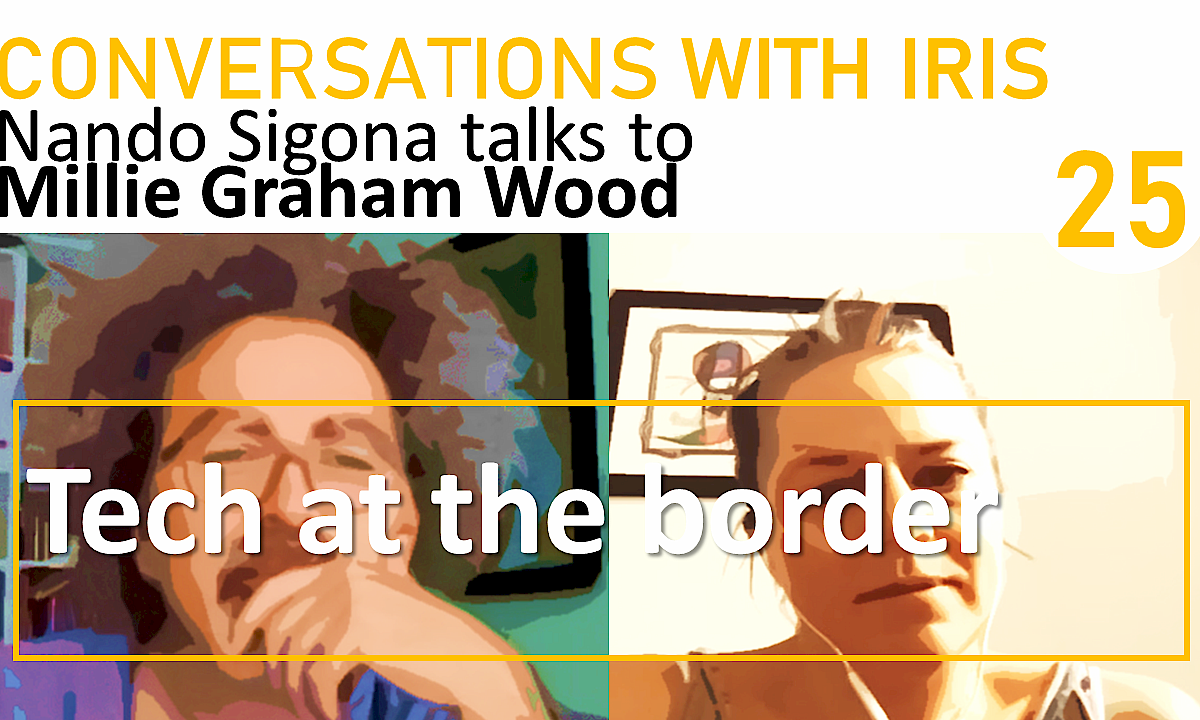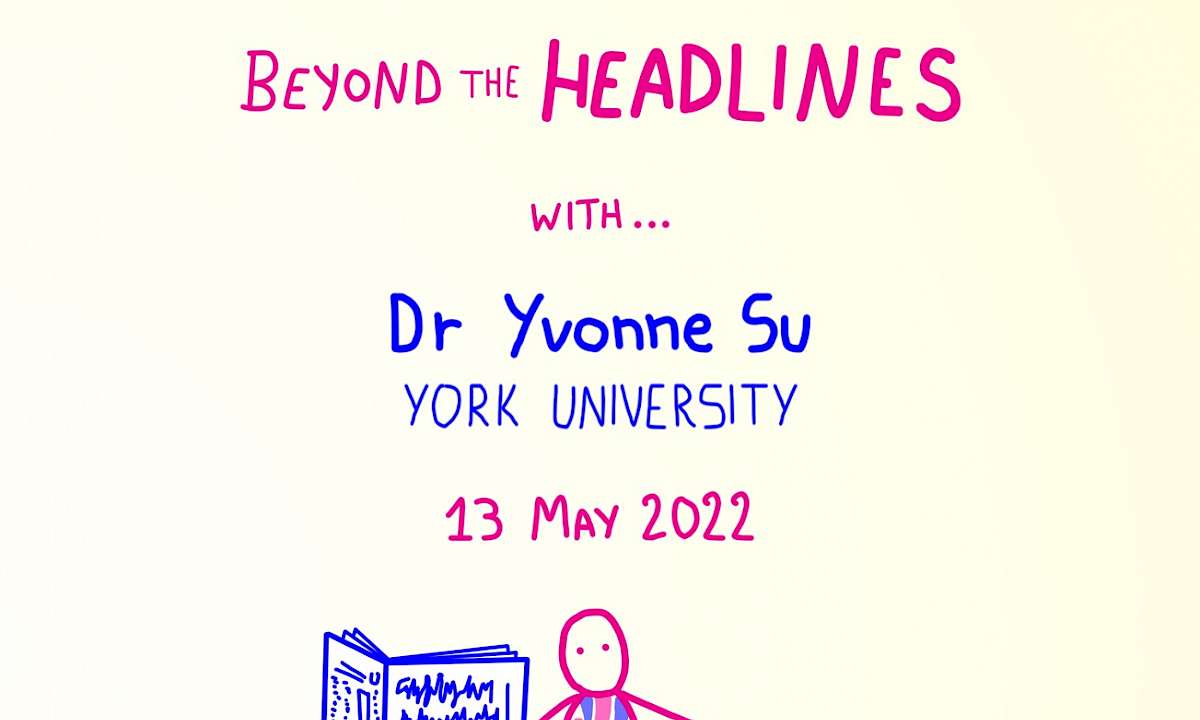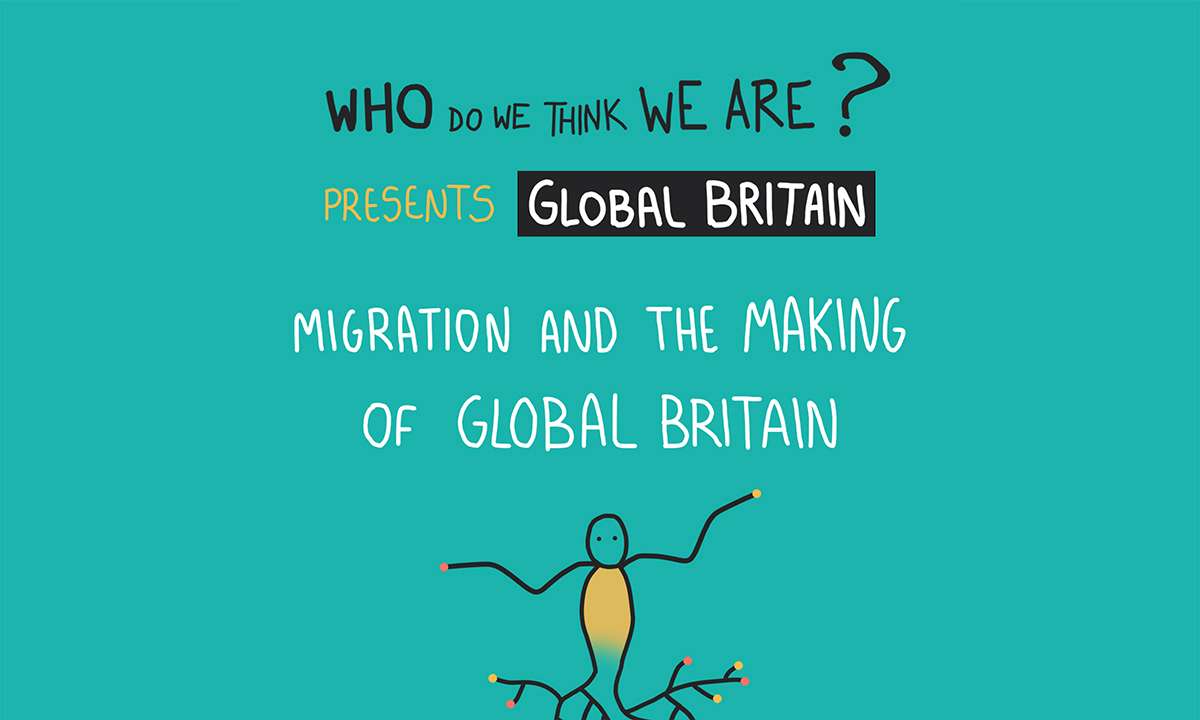
….[a] very interesting point about digital checks is not when they manifest, but when they do not manifest. I think the main point of [the transactional design of digital status] is that the check can be conducted without the consent or even knowledge of the person being checked. Because if it is all in the cloud, if it's all on Home Office servers, then there is nothing stopping a government department from checking that status. And that's happening already..
— Kuba Jablonowski
Episode 6 of our podcast collaboration with Who do we think we are? launches today. And we’re talking digitalisation of borders, its relationship to state-led projects of securitisation and surveillance, and meanings for migrants, migrant rights and advocacy.
Over the past decades, state authorities have increasingly made recourse to digital technologies to surveil, screen, filter and manage people in their everyday lives – a set of activities broadly classifiable as ‘digital bordering’ practices. Their introduction is generally justified on efficiency grounds, as they are seen as fast and cost-effective ways to systematically collect and process some particular types of population data, such as to surveil individuals and groups deemed dangerous, undesirable, or for some reasons, requiring special attention. Yet, their use is far from uncontroversial, especially when seen from the perspective of the people most subjected to them – migrants and more generally, noncitizens.
Listen to the episode here.
Kuba Jablonowski, Lecturer in Sociology at the University of Bristol, effectively contextualizes the ongoing digitalisation of the UK borders, and their mundane dispersal, in relation to the EU Settled Status Scheme (EUSS). As he explains the technological peculiarities of the status, he illustrates the flaws and glitches that may and do come up as people consult it online to demonstrate their right to, e.g., work and live in the country. He also directs our attention to the forms of discrimination based on gender, race, and sexuality that are entangled in the application and experience of status digitalisation, as well as the ways in which civil society organizations, including the3million, have been advocating for migrants’ legal and data rights.
Relatedly, Nando Sigona explains, another problem with the ongoing border digitisation is that
the system is becoming so remote and so complex that the people that are affected by it, struggle really to understand it. So, when you get you look at the these campaigns that groups like Liberty or Privacy International ran around pointing out about the risk associated with digitalisation, it really takes a degree in Engineering to understand what they're talking about and I think this may have a real impact on the capacity of people to understand and mobilise for their rights.
We may thus well see why some of these struggles are increasingly spearheaded by legal activists, but also the roots of both an emerging ‘distance between the public and the issues raised’ and the current government’s narrative ‘against the lawyers [and] the experts from outside’.
Drawing from research undertaken as part of the MIGZEN project, Michaela Benson reminds us that, while EU nationals in the UK who were in the UK before Brexit ‘were almost a test case, [..] a large group of people on whom that [new digitised] system could be almost beta-tested’, digitalisation has now been rolled out for other groups, such as the Hong Kong BN(O) visa holders’. Yet, ‘this was not the case for the Ukrainians who actually received biometric residence permits instead’. Whilst an analysis of these differential treatments will be discussed as part of a forthcoming podcast episode, what we are left with is a growing sense of unease, because while
some people would say, and certainly the government would argue that this is just about making things more efficient [border digitisation] is experienced in the lives of migrants in very particular ways, and in quite anxiety-inducing ways.
Tune in to the remainder of the season, to find out how the redrawing of boundaries around both the British and EU imagined communities is entangled with a changing migration-citizenship regime, which continues to shape the lives of migrants and rewrites Britain’s migration story after Brexit.
You can listen to the podcast and the back catalogue, access our show notes, active listening questions and transcripts on our podcasts page.
And you can follow the podcast on all major podcasting platforms or through our RSS Feed
Zambelli, E. (2023) Border digitization and dispersal: Of glitches, biases and struggles MIGZEN [Blog] 15 September 2023. Available at: https://migzen.net/blog/border-digitization-and-dispersal-of-glitches-biases-and-struggles/





